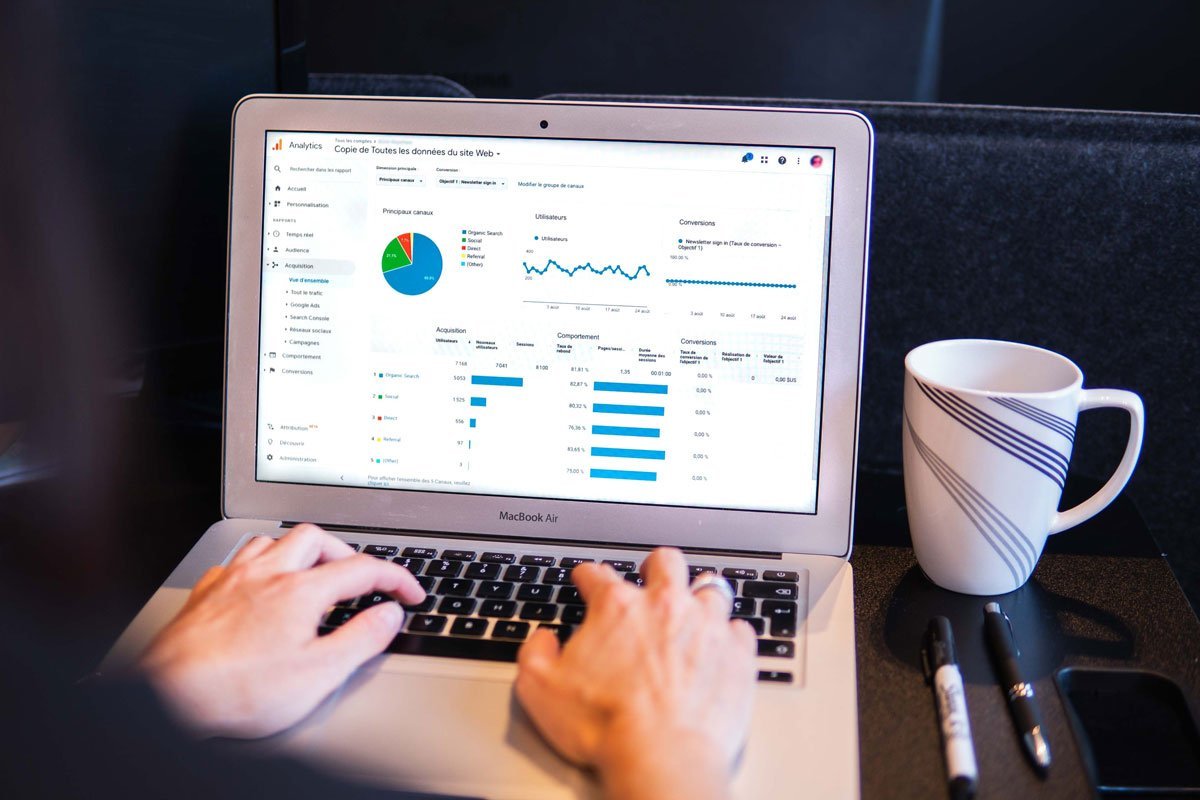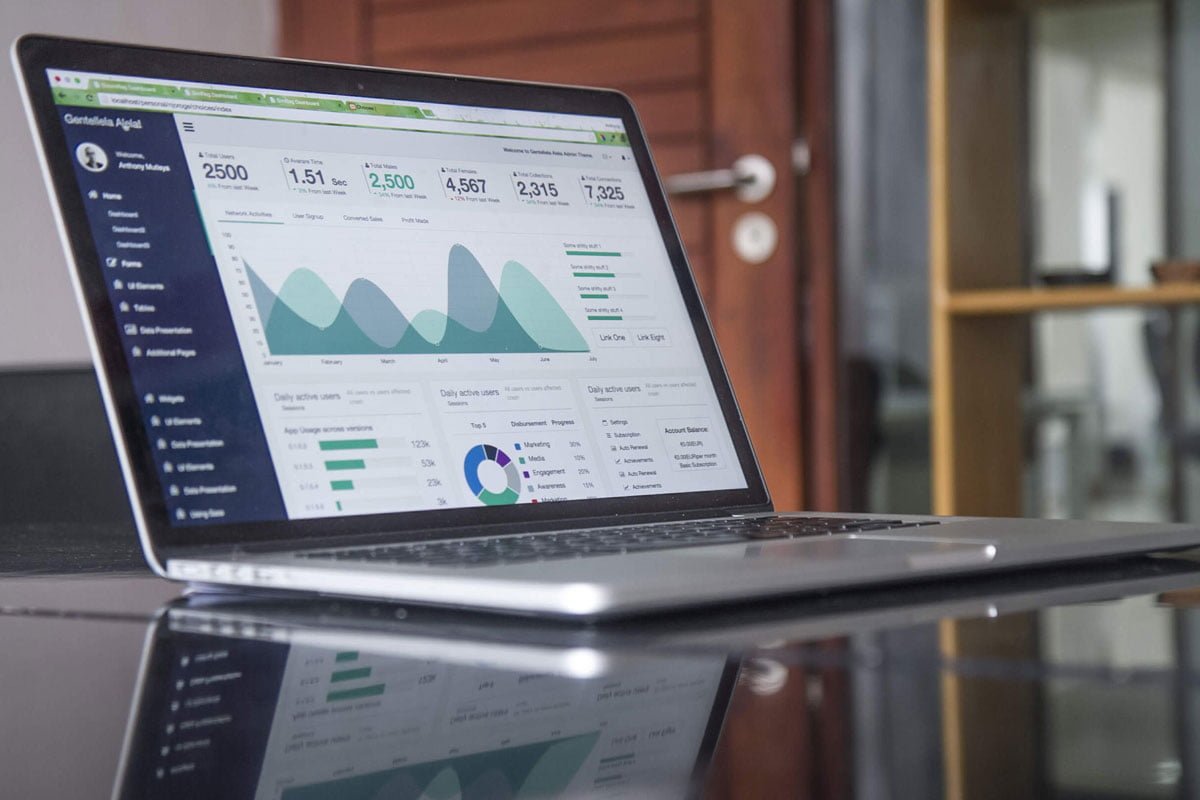Marketing research is frequently the outcome of any strategic choice made within a firm. The gathering of marketing data is the starting point for all research conducted within or outside of a company. But in order to turn this raw data into information that can be used, the processing is obviously required. We have described how data analytics is transforming your marketing strategies in the sections that follow. You will undoubtedly find what you are looking for in this article, regardless of your area of business.
Quantitative data analysis
It is possible to quantify behaviour, a thought, or an element using quantitative data analysis. Companies regularly utilize statistical analysis, the gold standard for market segmentation.
It converts the data gathered into numbers. Then, these data can be shown as statistical tables, charts, or graphs. As a result, judgements will be made with a greater grasp of the problems.
This kind of data analysis enables the comparison and centralization of various data. It can be used, for instance, to examine survey or questionnaire responses.
Qualitative data analysis
Qualitative research aids in the understanding of social processes and group dynamics. It is an interpretive technique that is more analytical and descriptive.
It allows for the analysis of behaviour, the addition of a fresh perspective to a phenomenon, and the exploration of several angles of a notion. Non-quantifiable data should only be used in the qualitative approach.
Qualitative data analysis is used by commercial enterprises to assess consumer demands, trends, motives, and behaviours.
Learn how enterprise technology solutions can help your business grow to its highest level.
Data analysis using CRM

Using customer relationship management, you may collect and use information about the clients and potential clients of your business.
Processing CRM data provides a number of benefits for future company actions as well as data management and storage. CRMs allow you to:
- reach out to clients whenever and wherever;
- automated tele prospecting management;
- assure prospecting follow-up;
- make it easier for your teammates to share data with you;
- email campaign forecasts;
- assemble and classify client information (contacts, purchases, and pending complaints);
- to gain clients’ loyalty.
Data analysis with Business Intelligence
Business intelligence analyses data and presents it in a way that is easier to interpret using technological procedures. It mostly assists managers and other leaders in making strategic decisions.
The company’s different studies and analyses can be consolidated using business intelligence technologies and displayed in dashboards, reports, graphs, etc.
Customer relationship management (CRM) systems, marketing analytics, corporate performance statistics, and many other topics are covered by this approach to data analysis. For businesses who want Saas (Software as a service), it makes use of solutions like Domo to access elements stored in the Cloud.
Data Visualization Analysis
Use this to make it easier for people to interpret and share raw data. Visualization of data analysis enables the graphical presentation of knowledge and study. Five categories are used to analyze the data. They could be:
Temporal: show as calendars, line graphs, diagrams of the polar regions, and scatter plots
Hierarchical: in unburst diagrams, doughnut charts, tree diagrams, etc.
Multidimensional: in Venn diagrams, pie charts, and histograms
Network: in word clouds, alluvial diagrams, matrix graphics
Geospatial: in heat maps, flow maps, density maps, and cartograms
Analysis using digital marketing tools
Digital marketing uses a variety of analytical tools, and new ones are created daily. The primary tools concern social media data and metrics for website performance.
Website-specific analysis tools

Google Analytics: Google Analytics is a tool for audience analysis that extracts information about website traffic (visitation volume, user behaviour, entry channels, session length, etc.). It is also possible to evaluate data pertaining to advertising campaigns, display banners, cost per click, cost per acquisition, etc. when this tool is connected to Google AdWords.
Hotjar: Hotjar is a tool that analyses visitor behaviour. For instance, it will identify the hotspots where people click or stay with their mouse.
My Ranking Metrics: It checks your website’s content for things like HTML tags, H1 and H2 tags, meta descriptions, and keywords. It considers the information that may have an impact on your website’s natural referencing and makes recommendations in line with that consideration.
Social media analytics tools

Hootsuite Analytics: it gives you access to a central dashboard that compiles information about your activity across all your social networks. On each of your posts, there will be indicators (comments and response times, clicks, shares, views and reach of videos, reach of published content, etc.).
TalkWalker: gives you information about the keywords that your rivals and Internet users are using, so you may measure and filter your assessments based on social networks.
Analysis using marketing principles
Association rules
With diverse data collection, association rules help establish a relationship between two or more variables. They enable the discovery of sets and the reconstruction of data subsets.
In plain English, this means that they let you specify the prospective future requirements of your clients. For instance, someone who purchases flour and eggs is probably also purchasing sugar. Thus, you can prepare for demands.
Another illustrative example is the likelihood that someone will get birthday candles if they purchase a birthday cake. You will be able to provide options to make the two purchases easier.
Sentiment analysis
It is knowledge built on the study of opinion. Data of a qualitative type are examined in this analysis. It analyses linguistics and natural language to methodically pinpoint affective states.
Examples of the kinds of data it will process include comments, survey replies, interactions with social media content, etc.
In the course of a business, the examination of marketing data is still a very widespread technique. We can utilize raw data in any circumstance, from market research to modifying our marketing plan. In reality, data analytics is transforming your marketing strategies and it should be used for every business decision. Your field of business and your goals must be taken into consideration when selecting the finest analytical technique for your business.
Hope these steps will make you understand how data analytics is transforming your marketing strategies, let us know in the comments if you have any doubts or questions.


